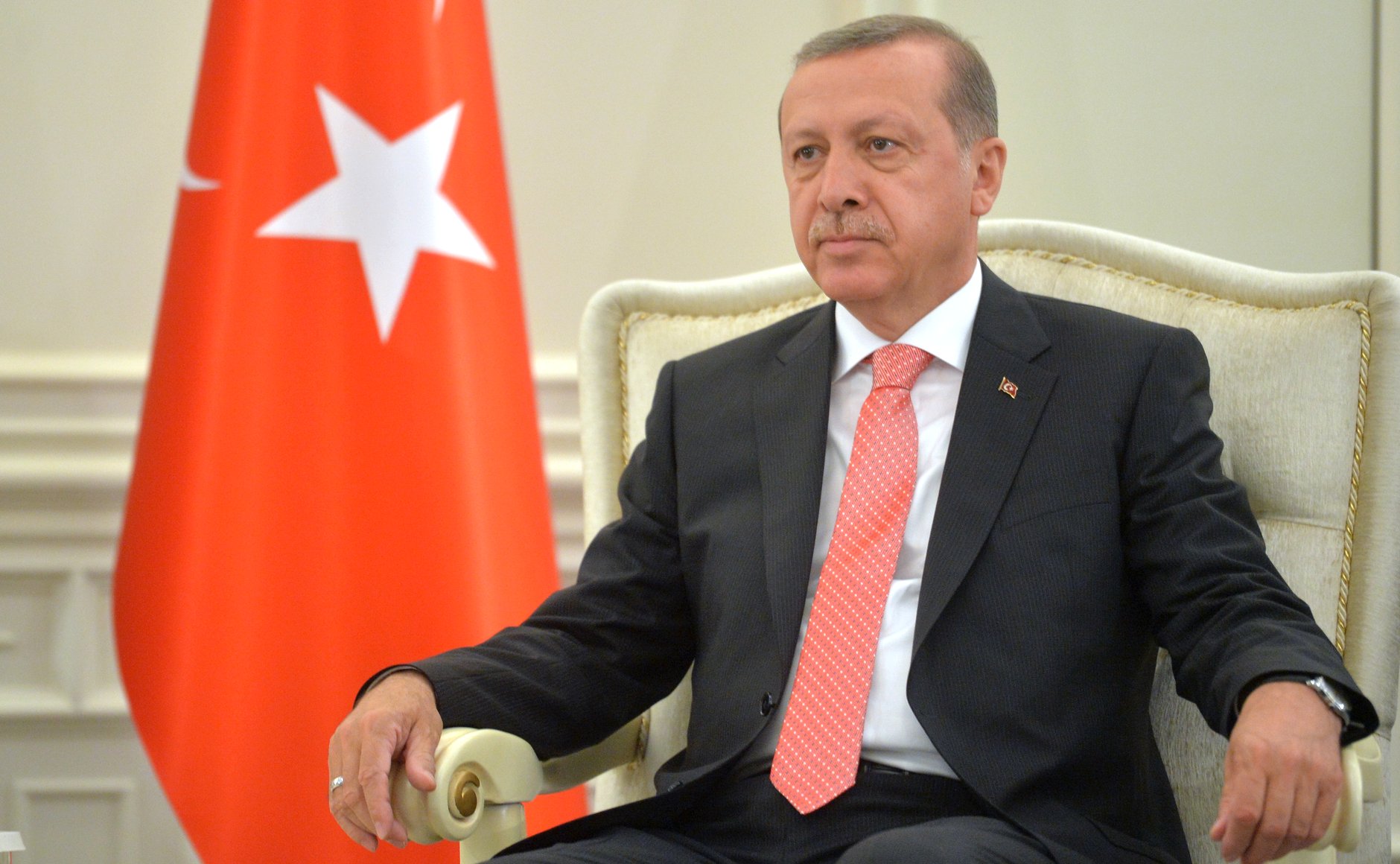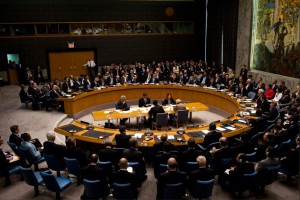Kurdish national identity has, since the end of the Ottoman Empire, been under intense scrutiny and dominance from several political powers. Since its inception and independence in 1922, the Turkish state has been known to impose policies directed at suppressing Kurdish national identity and politics. The state has repeatedly sought to destabilize any Kurdish nationalist separatist aspirations, including those originating within neighbouring Syria. That said, it comes to no surprise that Turkey, citing its allegedly “‘legitimate’ security concerns,” has undertaken yet another campaign aimed at diminishing Kurdish strength. On January 20th, the Turkish military launched an attack on Afrin, a Syrian city near the Turkish border which has long served as a stronghold for the People’s Protection Units (YPG), a US-backed Kurdish militia group.
The Turks have a lengthy history of battling Kurdish movements, notably the Kurdistan Workers’ Party (PKK), a Turkey-based organization which has fought for the establishment of a Kurdish state within Turkey since the 1980s. Loosely legitimizing its battle, Turkey officially recognizes the PKK as a terrorist organization and, as a result of its urging, the United States does too. A variety of states and multilateral organizations, including NATO and the EU, also later recognized the PKK’s potential capacity as a terrorist organization. This briefly unified Turkey and the US, two influential members of NATO, under the same political umbrella. Their respective treatments of the YPG in Syria, however, is where the two powers disagree.
Despite being an essential actor in the fight against ISIS and a pivotal member of the Syrian Democratic Forces, the YPG has long been treated with hostility by the Turkish government. One would expect the mere fact that the YPG is US-backed to serve as a sufficient deterrent to Turkish aggression, but that is evidently not the case. While Turkey holds a conviction that the YPG is merely an extension or, better yet, an ally of the Turko-Kurdish PKK, the US and its allies view the organization as an essential force fighting against ISIS and the current Syrian government in Damascus, one which has no relationship to the blacklisted PKK. This creates a complex situation where the Turks are forced—based on their own reasoning—to prioritize their nationalist campaigns of suppressing separatism and securing their borders, over cooperating with international allies and organizations including NATO, which they have been a member of since 1952.
Although this essentially represents a de facto proxy war between the two members of NATO, the Turkish military campaign has, thus far, seldom been condemned by the international community. While tensions between NATO allies have risen, the issue of Turkey arguably violating parts of the North Atlantic Treaty has not been addressed. Contrary to popular opinion which emphasizes the increasing Kurdish civilian casualties, the Turkish government has maintained that the Afrin attacks strictly target terrorists, with the ultimate goal of establishing robust border security (i.e. a 30km ‘safe zone’ within Syria). Growing success on the battlefield for Iraqi-Kurdish Peshmerga forces, along with increasing US-backed victories for Syrian Kurds, left Turkish leadership wary of a potential Kurdish revival within their own borders, and thus incentivized the ongoing military intervention. But, at what cost? To what extent can Turkey pursue its nationalist agenda without excessively distancing itself from its NATO allies?
While it is difficult to provide an answer with complete accuracy, there are some facts which can be suggestive of how the situation may transpire. Historically, this is not the first case of Turkish rapprochement to a seemingly anti-Western sphere. The most recent instance was Turkey’s weapons deal with Russia which, as one would expect, would severely deteriorate its relationship with the US and NATO. However, although tensions rose tremendously following the deal, no sanctions were placed on Turkey, and its NATO membership was negligibly jeopardized. Its status as a significant trading partner with the EU and its strategic importance as a securitizing buffer between Europe and the Middle East, arguably granted it the ability to deviate away from NATO and the US without consequence; and perhaps its attack on the US ally in Afrin will be dealt with similarly. While there does exist a possibility of sanctions being placed on Turkey, ultimately, the escalation of this crisis relies on one overarching question: Is the attack on Afrin a mere security concern, or is it charged with a clear anti-Western motive?
American President Donald Trump and Turkish President Tayyip Erdogan held talks regarding the issue and while the Turkish president urged the sensitive security concerns surrounding the border, Trump emphasized that the military escalation in Afrin “risks undercutting [their] shared goals in Syria.” Seeing as the talks were limited to a mere exchange of views, however, no concrete actions were undertaken, and we are left with no choice but to observe and speculate as the Turkish offensive transpires.
Photo: Photo of Turkish President Recep Tayyip Erdoğan via Wikipedia. Public Domain.
Disclaimer: Any views or opinions expressed in articles are solely those of the authors
and do not necessarily represent the views of the NATO Association of Canada.




